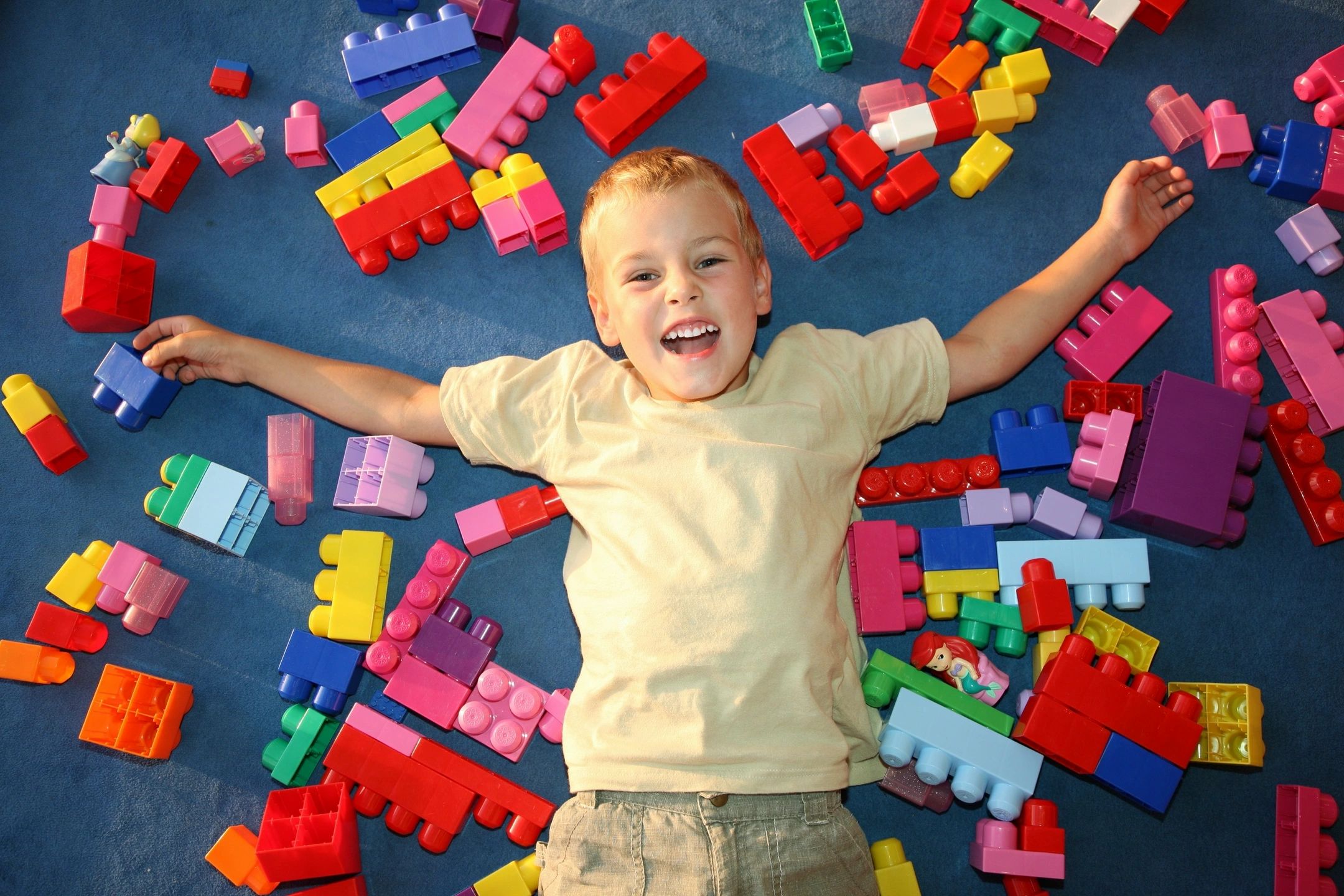While some children learn to walk or talk much later than others and are able to catch up as they get older, other children may constantly develop at a slower rate and may struggle to keep up with children of the same age in school.

This is usually as a result of a genetic disorder or disability. Dyslexia, dyspraxia, autism and AD/HD are some of the common examples. By having their condition diagnosed, you could have a better idea as to how to support your child as they grow up so that they can lead as normal a life as possible.
Below are some tips on what you should do if you are concerned about your child’s development.
Know the key milestones
From the age of 0 to 5, children go through a multitude of developments. Certain developmental milestones can give you a good idea of whether your child is progressing at the right pace. For instance, by the age of 1 year, your child should be able to crawl, use words like ‘mama’ and ‘dada’ and perform small gestures like waving.
This milestone guide lists some of the key developments that children go through and at what age you should expect them to reach these milestones. There are also apps that can also help you to keep up with your child’s milestones.
Seek support early
It’s important to seek support early for any issues you may have with your child’s development. With conditions such as autism, it can be easier to undo certain negative behavioural habits during the pre-school years than it is to undo them at a later stage. The mind is still very malleable in those early years and there has been lots of research to show that negative behaviours can be greatly reduced by taking action early.
Even if your child’s condition cannot be treated, taking action early could still help you to better prepare for the future so that you can give your child the best care possible. For instance, if they have a disability that could prevent them from ever being able to walk, you can start accommodating for their disability early.
How to get your child evaluated
To get your child evaluated, you should first talk to your doctor or a health professional to get their opinion. Collect as much evidence of your child’s behavior and developmental issues as possible before booking an appointment with your doctor – this could include keeping a diary or even taking videos on your phone. You can then show this to your doctor to give them a better understanding of the concerns that you have. Certain tests may be carried out at this point depending on the diagnosis you’re looking for.
If your doctor believes that further action is necessary, they may then refer you to a specialist who can evaluate your child. This professional evaluation will determine whether your child has an official diagnosis or not, as well as the severity of it.
Such a specialist may include:
- A developmental pediatrician
- A child neurologist
- A child psychologist
During an evaluation, a specialist will observe your child’s behavior and ask you a series of questions about your child’s habits. They may ask you to collect references from other people such as family members or friends. Try to be as open and honest as possible as this will help you to get the most accurate diagnosis.
Dealing with the diagnosis
If, at the end of the evaluation, your child is then diagnosed with an official disorder, you can then start seeking out the right support for your child. This could include:
- Support with learning at your child’s school
- Access to information and courses for parents
- Resources and tools for disabilities (such as kids wheelchairs for physical disabilities)
- Financial support
In some cases, you may be able to seek out treatment for your child’s condition to help reduce certain behavioural habits. ABA therapy is one example of this if your child has autism. Different types of therapy will be available depending on the severity of your child’s disorder.
An official diagnosis for a disability or a disorder can be bittersweet. If you have known that there is a problem for a while, it could be a relief to know that there is a medical reason for your child’s behaviour and that there is support out there available. At the same time, the idea of having to put in extra work to cater to your child’s condition could be daunting – especially if your child has a severe disability. Know that there is support out there, not just for your child, but for you too.
Can I get my child evaluated twice?
If you have had your child evaluated and are not happy with the results, you can get your child re-evaluated. With mild disorders and disabilities, it can sometimes be very hard to detect symptoms and a second evaluation may be necessary. There are other times when a condition may be misdiagnosed (this is rare, but it can happen – you should talk to your doctor if you believe this to be the case).
Category: KidsTags: ADHD








